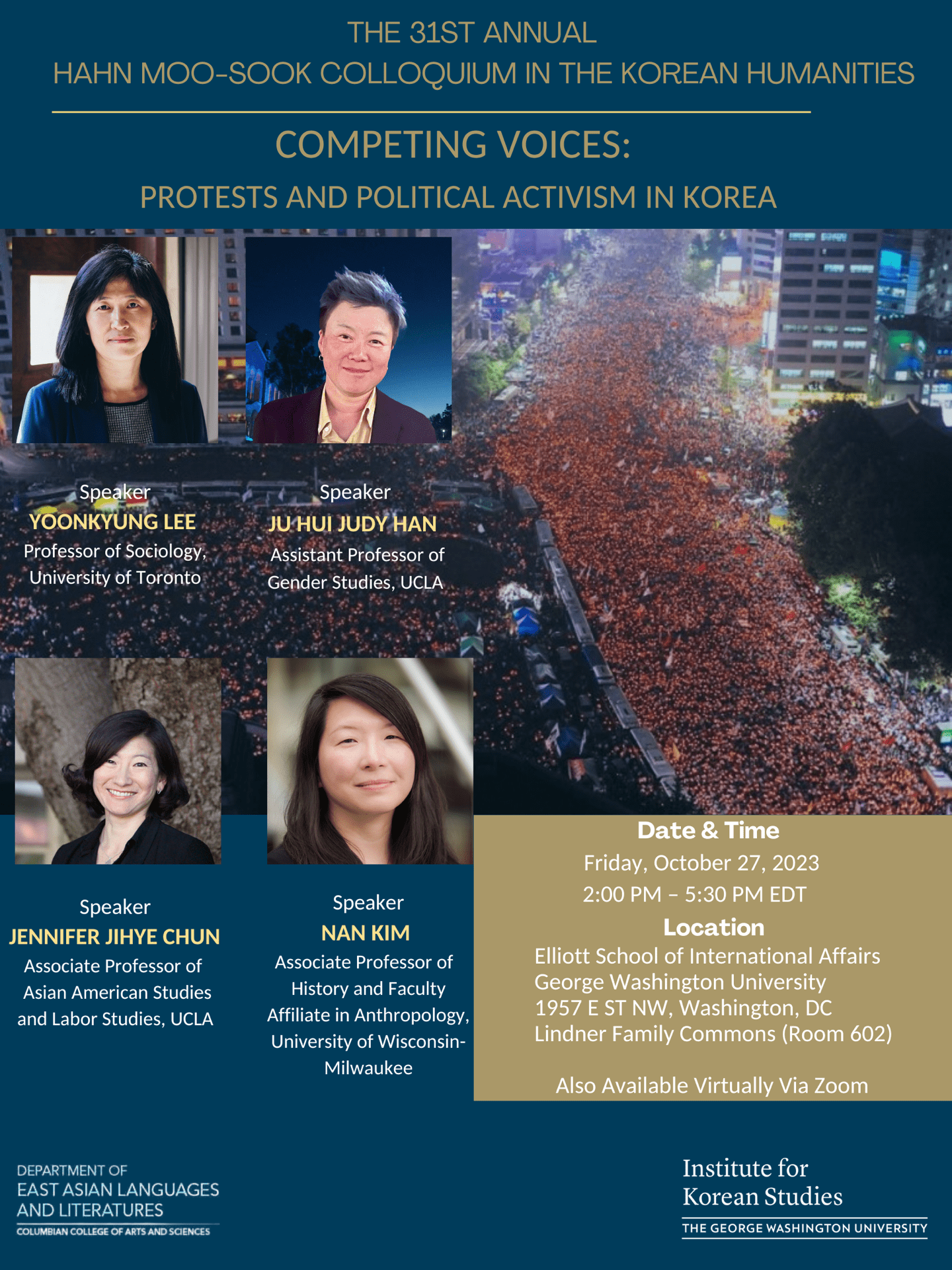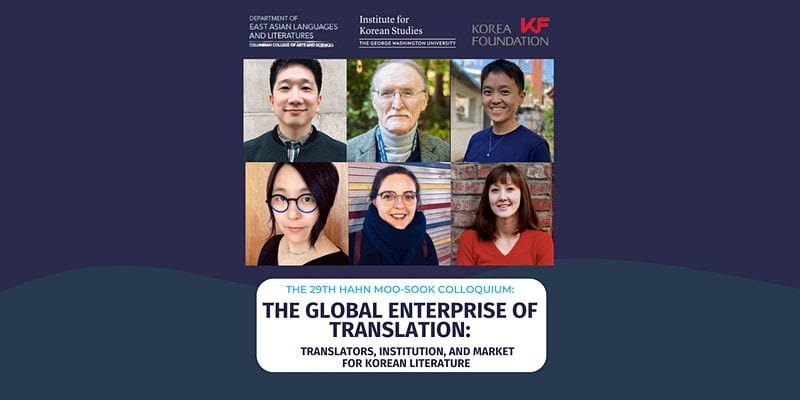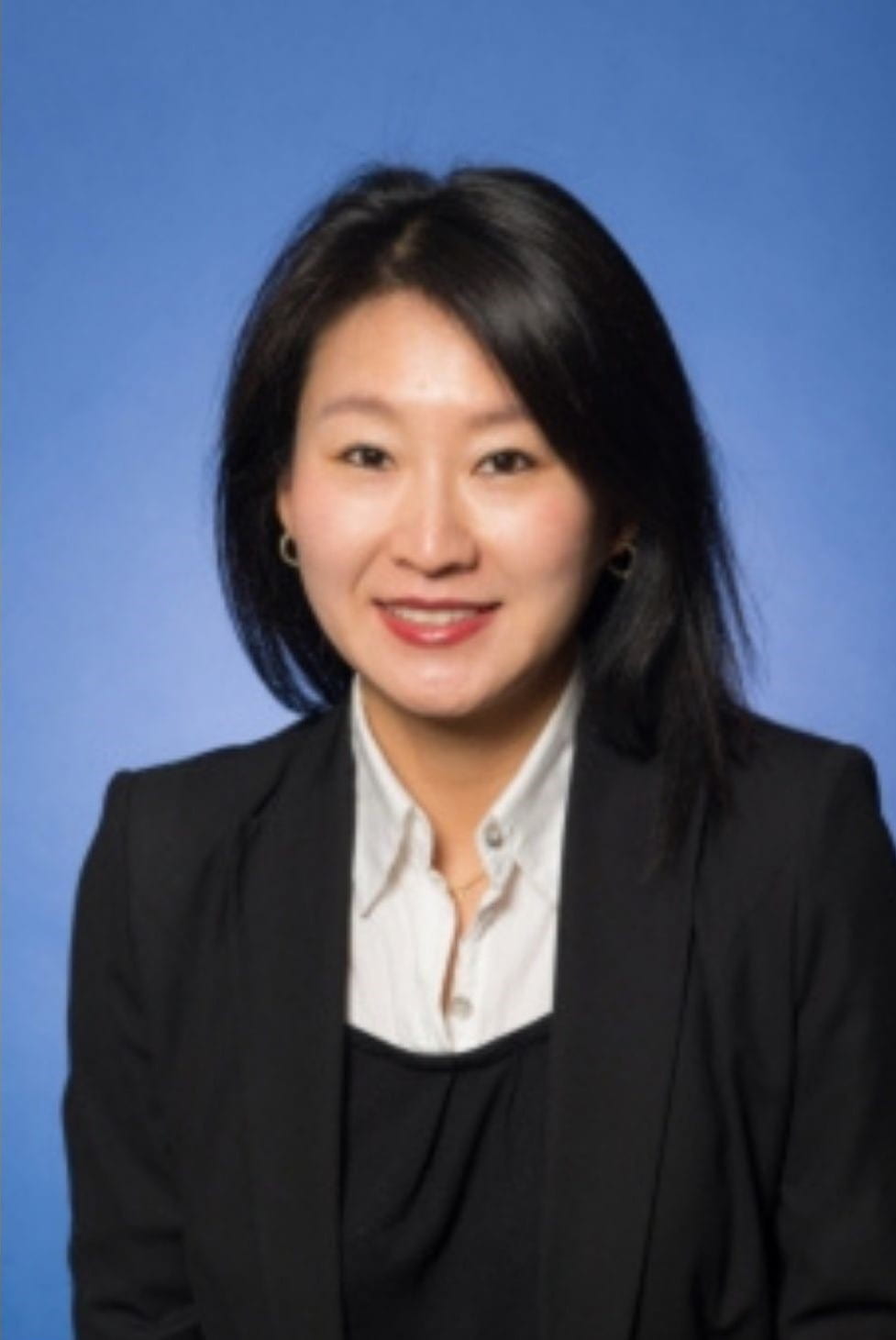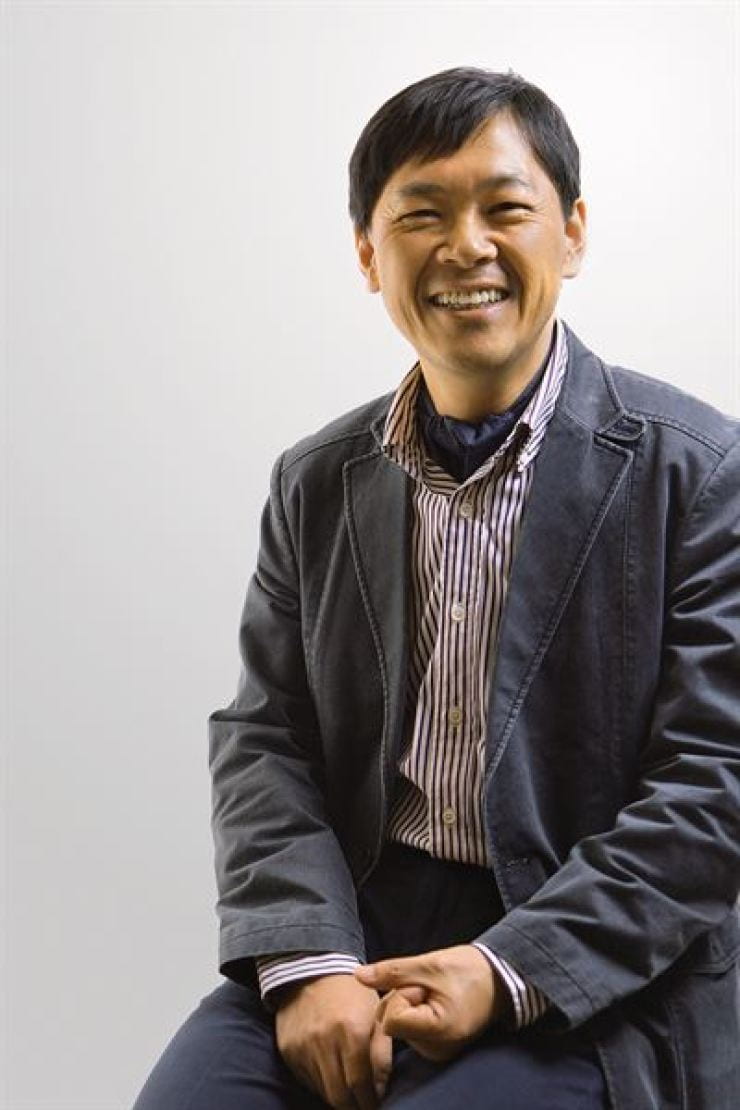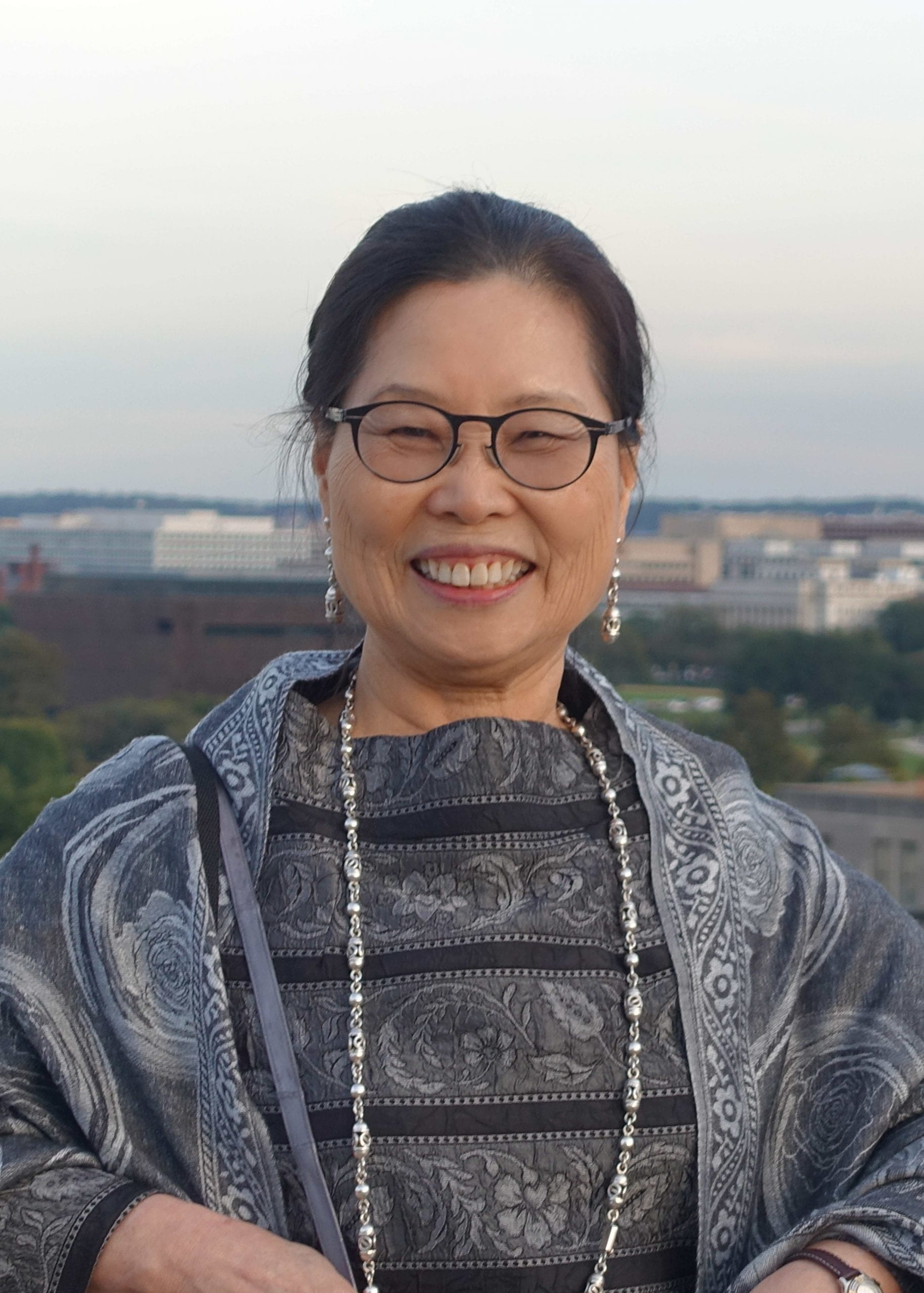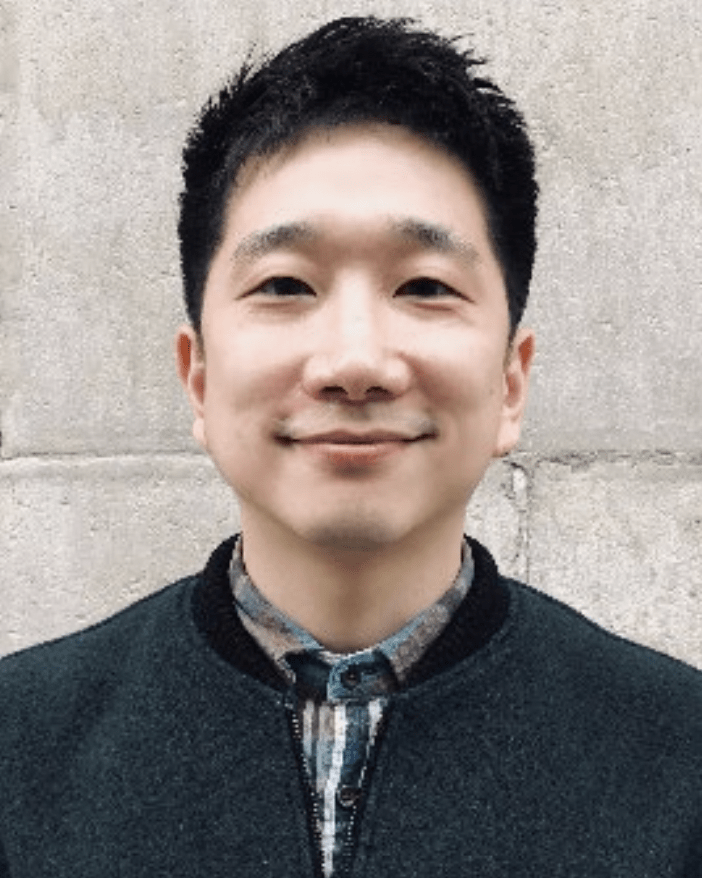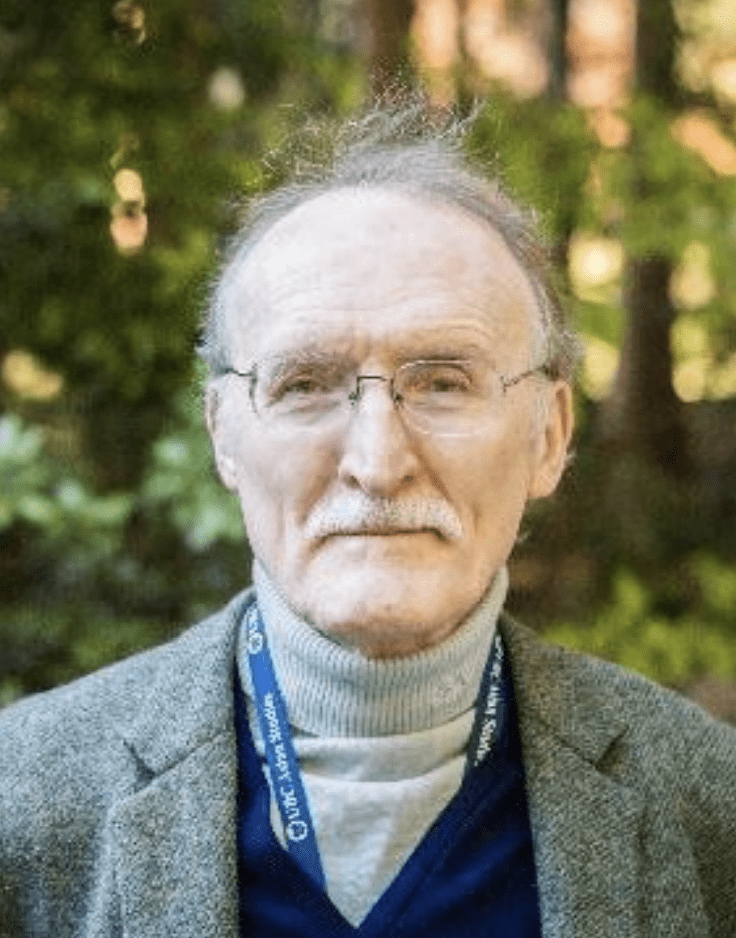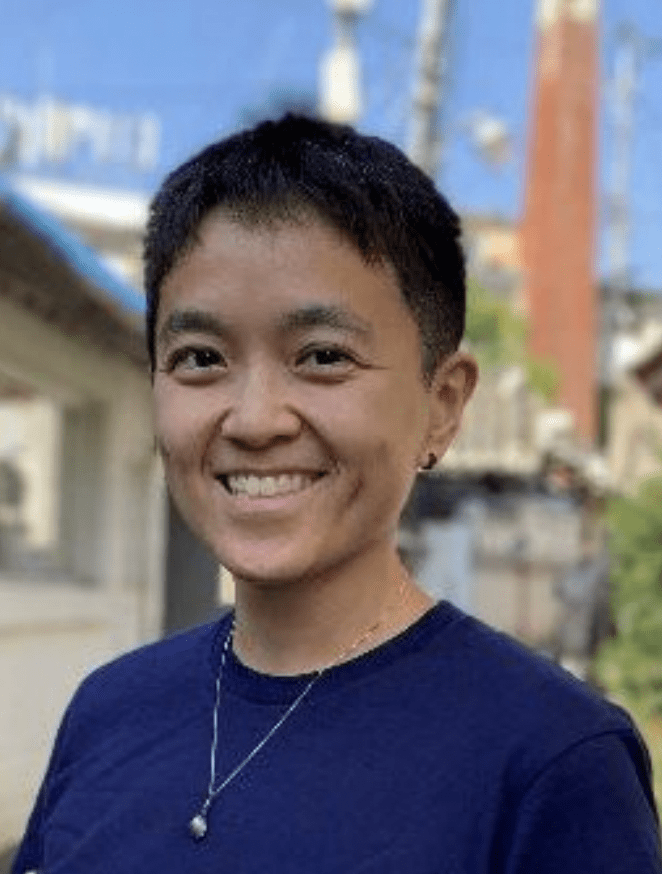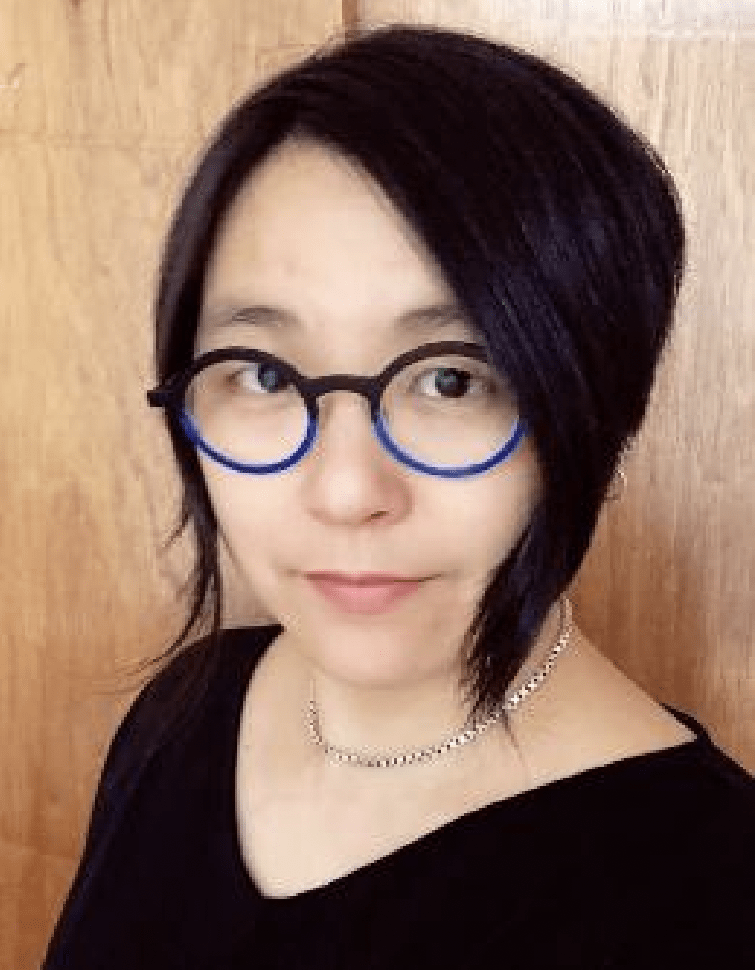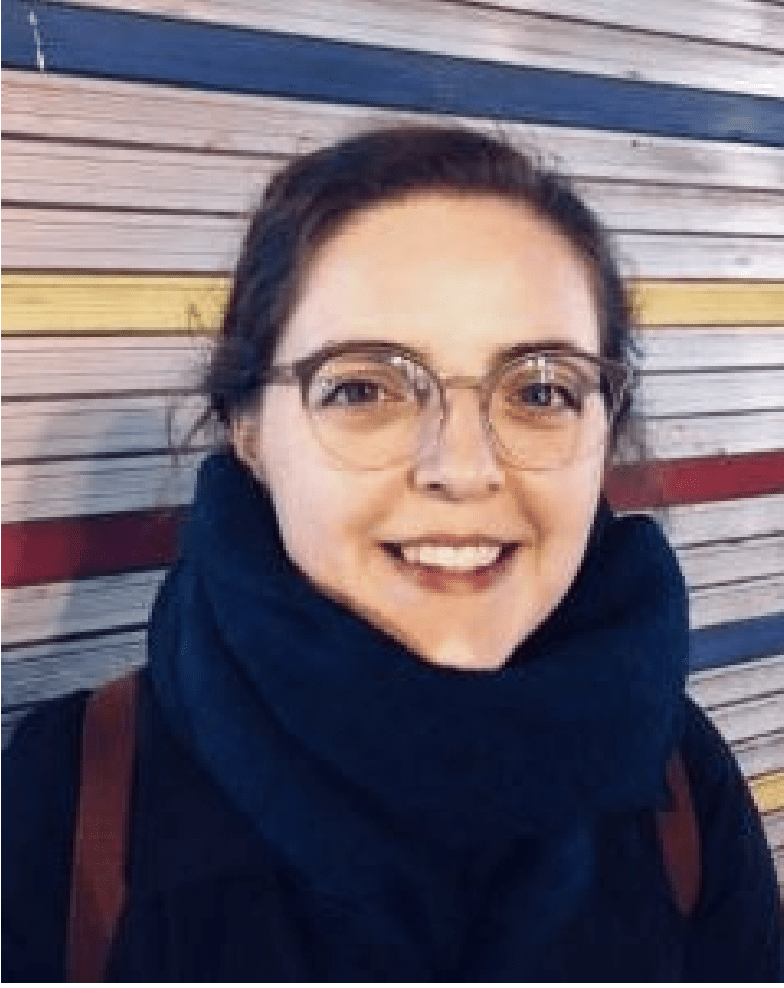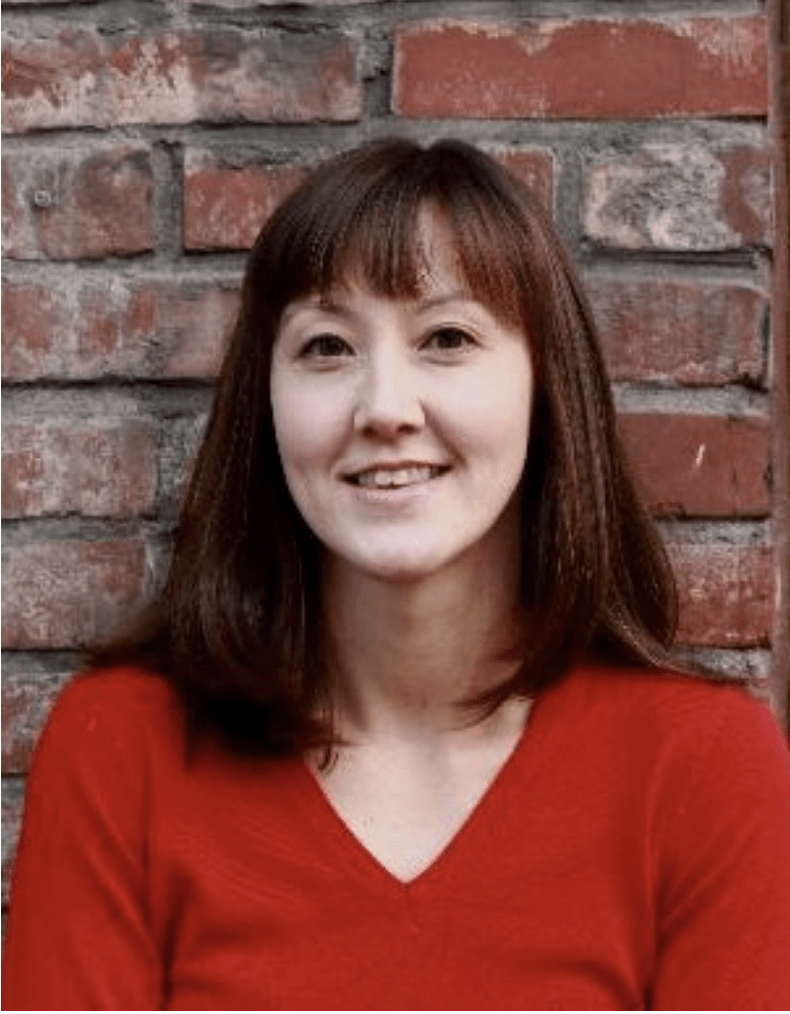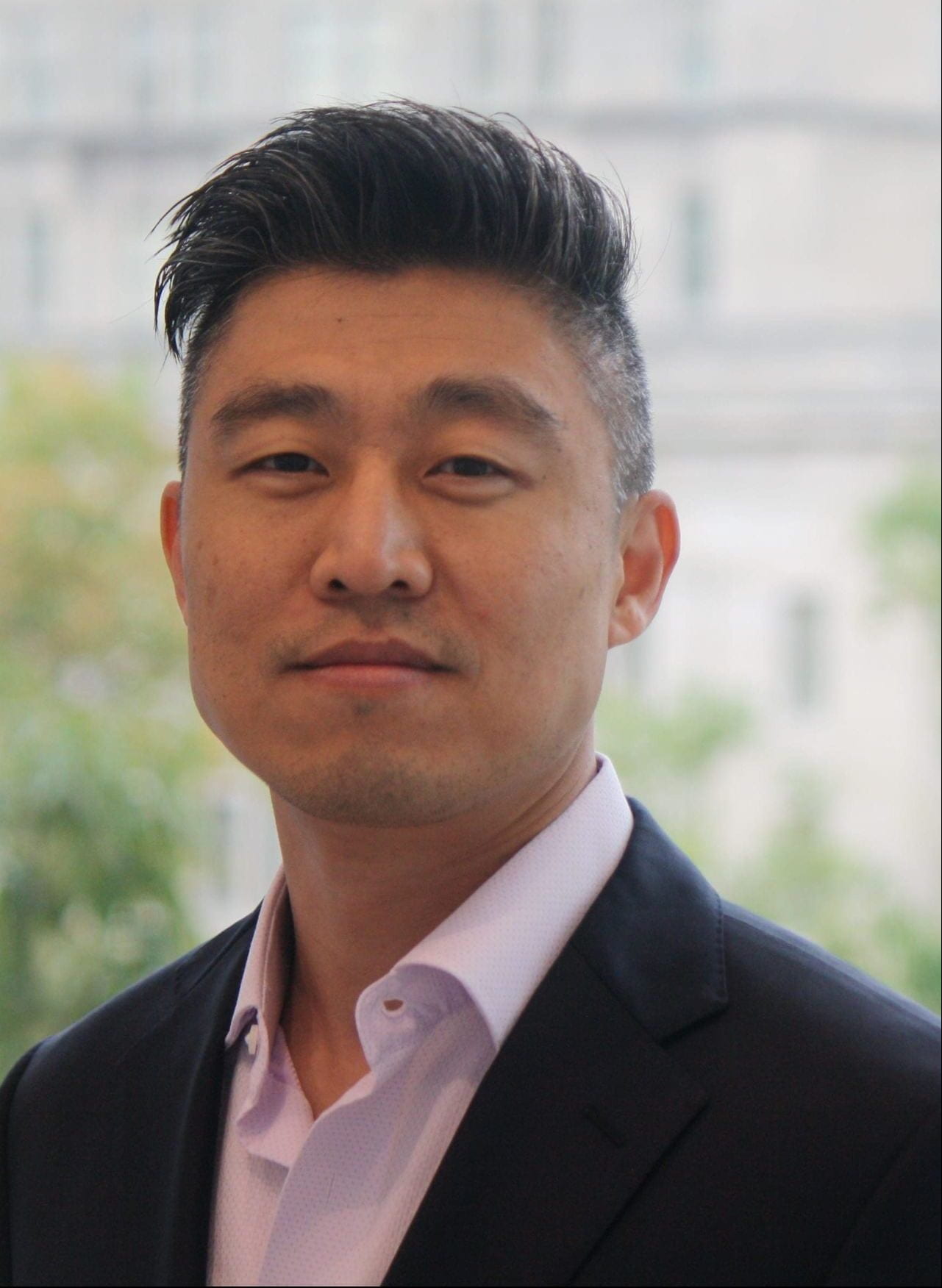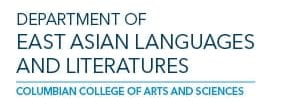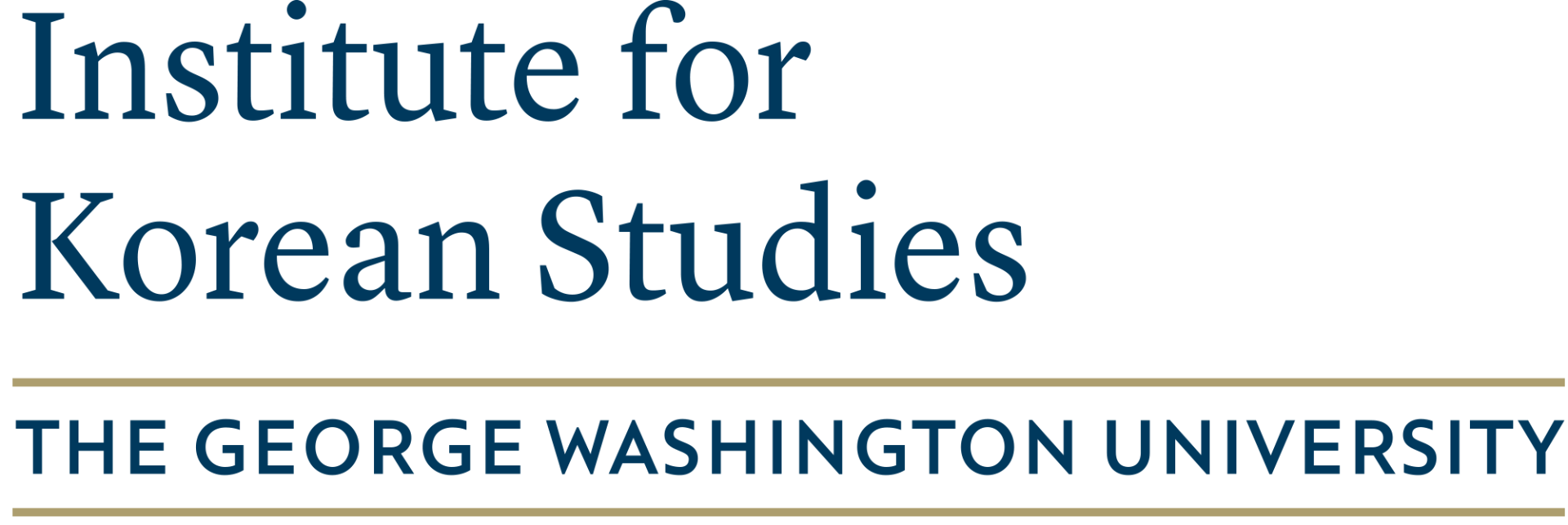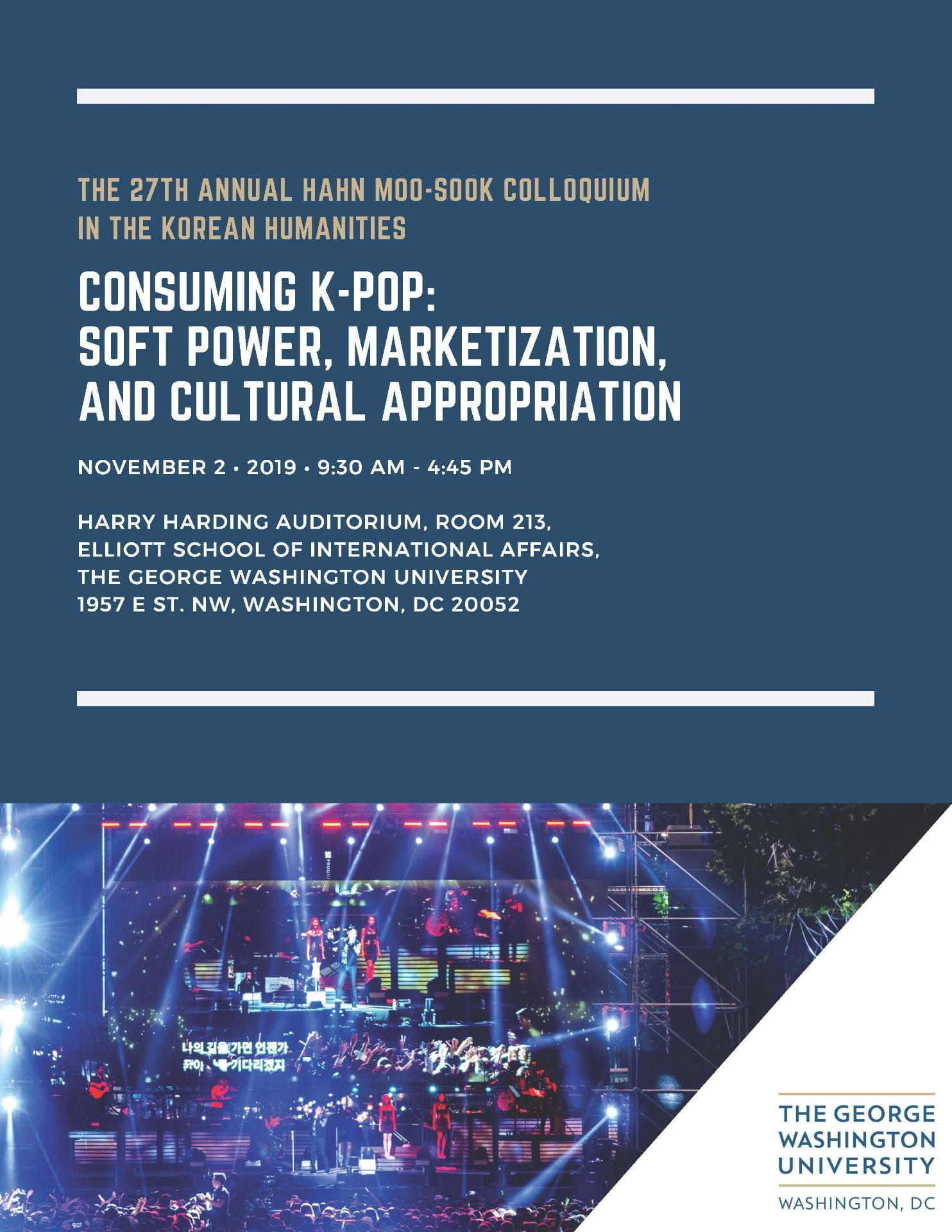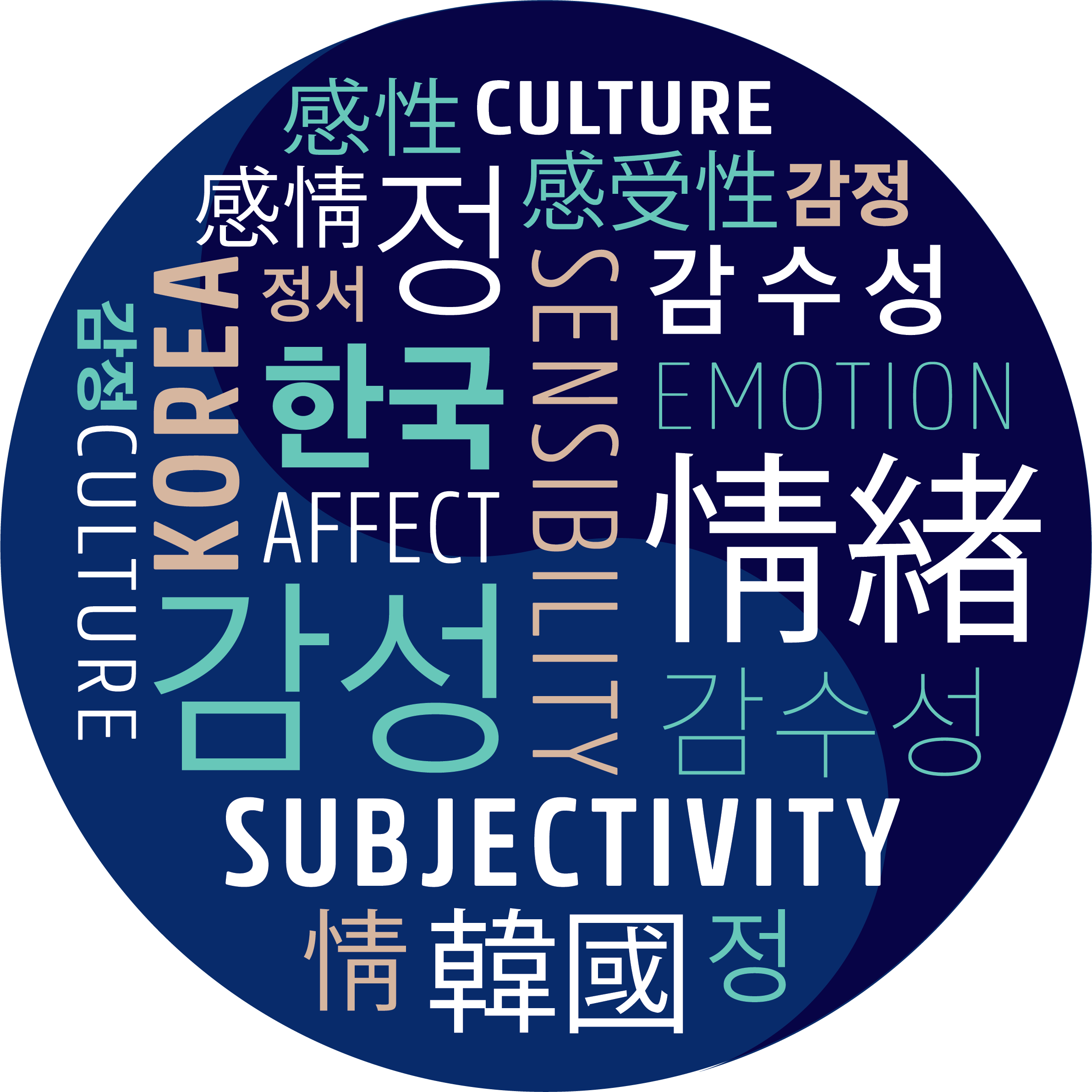“Competing Voices: Protests and Political Activism in Korea”
Friday, October 27, 2023
02:00 PM – 5:30 PM EDT
Event Description
South Korea has a history of demonstrations and protests that continue in the democratic era. From student protests to labor strikes to more recent #MeToo demonstrations, waves of contentious politics have reshaped the political landscape and protest itself in Korea. They have popularized tactics like the candlelight demonstration and organizational forms, such as national solidarity infrastructures. At the same time, extreme protest tactics persist and depend on material and emotional support from activist communities. Korean contentious politics is also engaging with transnational advocacy and the Korean diaspora, including through counter-mobilization. And new issues and competing knowledge claims are spurring mobilization. This year’s Hahn Moo-Sook Colloquium in the Korean Humanities will examine the competing voices and shifting practices of protest cultures in South Korea.
Topics and Speakers
- “Democracy and Protest (and Labor) in Korea”: Yoonkyung Lee, Professor of Sociology at the University of Toronto
- “The Everyday Life of Protest: Care, Reflexivity and Solidarity”: Jennifer Jihye Chun, Associate Professor of Asian American Studies and Labor Studies at the University of California, Los Angeles
- “Queer Throughlines and Political Ties”: Ju Hui Judy Han, Assistant Professor of Gender Studies, at the University of California, Los Angeles
- “Contested Knowledge, Polarized Korea, and Transnational Controversy over the Long-Term Release of Fukushima’s Irradiated Wastewater into the Pacific Ocean”: Nan Kim, Associate Professor of History and Faculty Affiliate in Anthropology at the University of Wisconsin-Milwaukee
Background
The Hahn Moo-Sook Colloquium in the Korean Humanities Series at the George Washington University provides a forum for academic discussion of Korean arts, history, language, literature, thought and religious systems in the context of East Asia and the world. The colloquium series is made possible by an endowment established by the estate of Hahn Moo-Sook (1918-1993), one of Korea’s most honored writers, to uphold her spirit of openness, curiosity, and commitment to education.
